Jakarta, MINA – Global Islamic Chamber of Trade and Commerce (GICTC) was initiated as a platform for developing ecosystem of halal business and global Islamic economy.
Founder and Chairman of GICTC Abdulla Hasan Thakur said that the Global Islamic Chamber of Commerce and Industry is present as a hub platform for business sectors throughout the Muslim world, including in the six real sectors of the sharia economy, namely the halal food and beverage sector, modest fashion, cosmetics, pharmaceuticals, media, recreation and tourism.
“The presence of GICTC is one of the most revolutionary and much-needed integrated platforms for the global Muslim economy,” said Hasan Takur at the GICTC B2B Discussion & Networking Session in Jakarta on Monday.
He hopes that the newly initiated Global Islamic Chamber of Commerce and Industry can become a forum for uniting Muslims in supporting them towards creating a sustainable economy and Muslim trading community globally.
Also Read: The Forty-Four-Days of Glory: Azerbaijan’s Struggle for Justice and Peace
“The more we engage and grow together, the more we are able to create new opportunities and, most importantly, drive increases in GDP or new national income. It’s time to work together and create the real sector GDP that Muslims need. Join this effort with us and be part of our global initiative,” he concluded.
Three Collaborative Programs
Head of ASEAN GICTC Strategy, Imam Nur Azis, said that the GICTC program wants to collaborate on three things. First, GICTC is a platform to increase the capacity of business people around the world, especially Muslim business people and business people
“Apart from that, the second GICTC program is a forum for sharing knowledge and increasing networks among business people,” said Imam to MINA.
Also Read: Palestine Solidarity Month: A Collective Movement for Al-Aqsa and Palestine’s Freedom
Furthermore, the third program is to build a collaborative network of Muslim business people to increase trade between countries.
He said that the three programs were currently running after GICTC which was based in Kuwait was formed recently.
“We will continue to look for various collaborations and synergies, including with Indonesia, that’s why these delegates came to Indonesia,” said Imam.
He also explained that today’s discussion was primarily for the presenters to look for common ground, not differences, especially mapping the potential of each country.
Also Read: Hassan al-Turabi: A Controversial Thinker from Sudan
“This event is a follow-up to the World Islamic Entrepreneurs Summit (WIES) in Padang, West Sumatra. “Alhamdulillah, it was attended by various delegations, including from several countries, including Indonesia,” he explained.
Through the GICTC online platform, continued Imam, his party wants to expand the synergy and collaboration movement globally. “Not only does it produce a network of friendship, cooperation, but also creates trade that will realize the welfare of many parties,” said Imam.
He hopes that this meeting will produce a follow-up, where on Tuesday, a business meeting will be held with one of the business actors in the health industry in Depok, namely Grha Permata Ibu Hospital, where various communities and business actors will be present, including Indonesian Women Entrepreneurs Association (IWAPI).
“God willing, through this collaboration platform, the development of the Islamic economy and increased growth of Muslim businesses globally, including in Indonesia, will be realized,” he concluded.
Also Read: Who Exactly is the RSF Group Shaking Sudan?
The GICTC business and partnership discussion agenda was also attended by representatives from the Indonesian Ministry of Tourism and Creative Economy, the Halal Industrial Tour Association, as well as the Trade Attache of the Embassies of Russia, India, England, the UAE and several ASEAN countries.
The sharia economy and halal industry continue to prove themselves as important pillars of the economy and become new growth engines, both at the global and domestic levels.
Dinar Standard in its report stated that the world’s Muslims will buy halal products with a value of up to USD 2.8 trillion in 2025.
Meanwhile, Bank Indonesia estimates that the Halal Value Chain (HVC) priority sectors in the country, namely agriculture, halal food and drinks, Muslim fashion and Muslim-friendly tourism will grow by 4.5 – 5.3% in 2023, which is projected to be able to supports more than 25% of the national economy.
Also Read: The Two-State Solution (Palestine–Israel) in Historical Perspective
The growth of the sharia economy and halal industry is also increasingly supported by several main drivers, including the large Muslim population, increasing awareness of Islamic ethical values related to the consumption of halal and thoyyib products, as well as the increasing number of national strategies and programs dedicated to development of halal products and services. (T/RE1/P2)
Mi’raj News Agency (MINA)
Also Read: Enchanted by K-Dramas, Dragged into Slander: Time for Muslims to Rise!






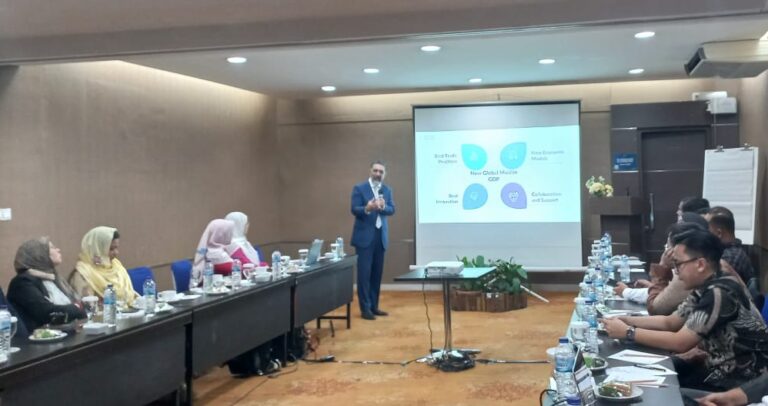





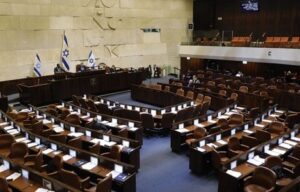
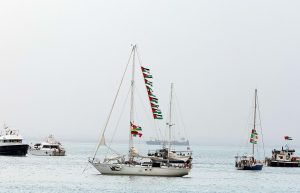
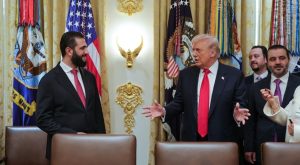
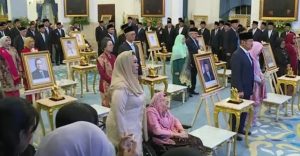
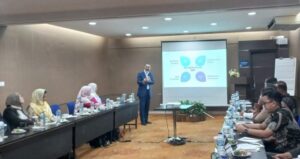


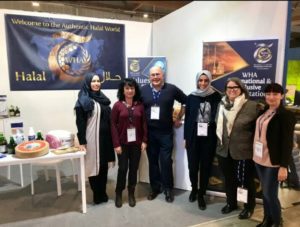
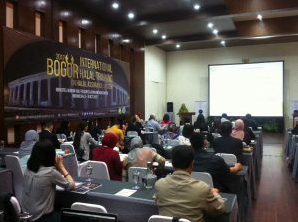
















 Mina Indonesia
Mina Indonesia Mina Arabic
Mina Arabic